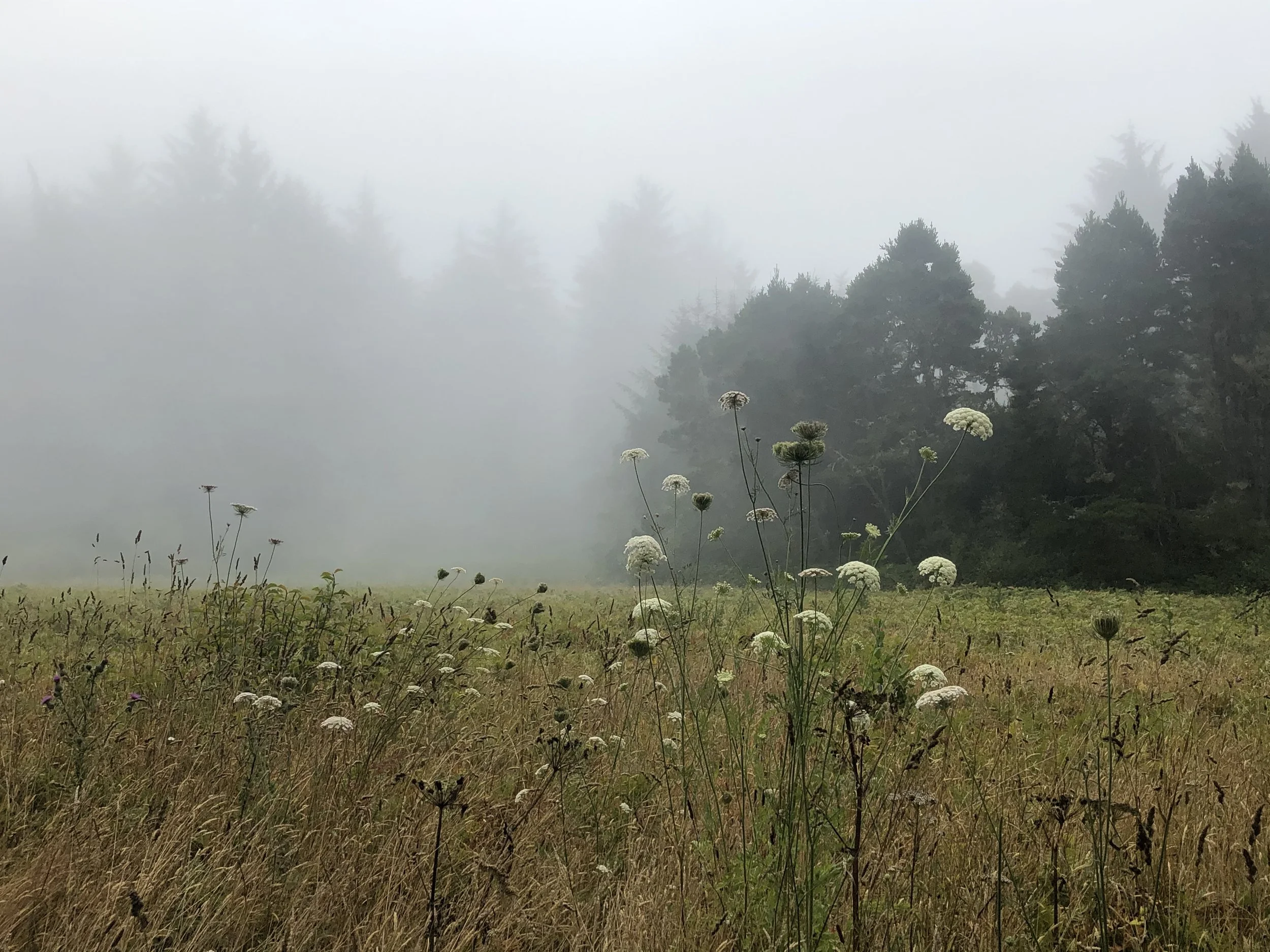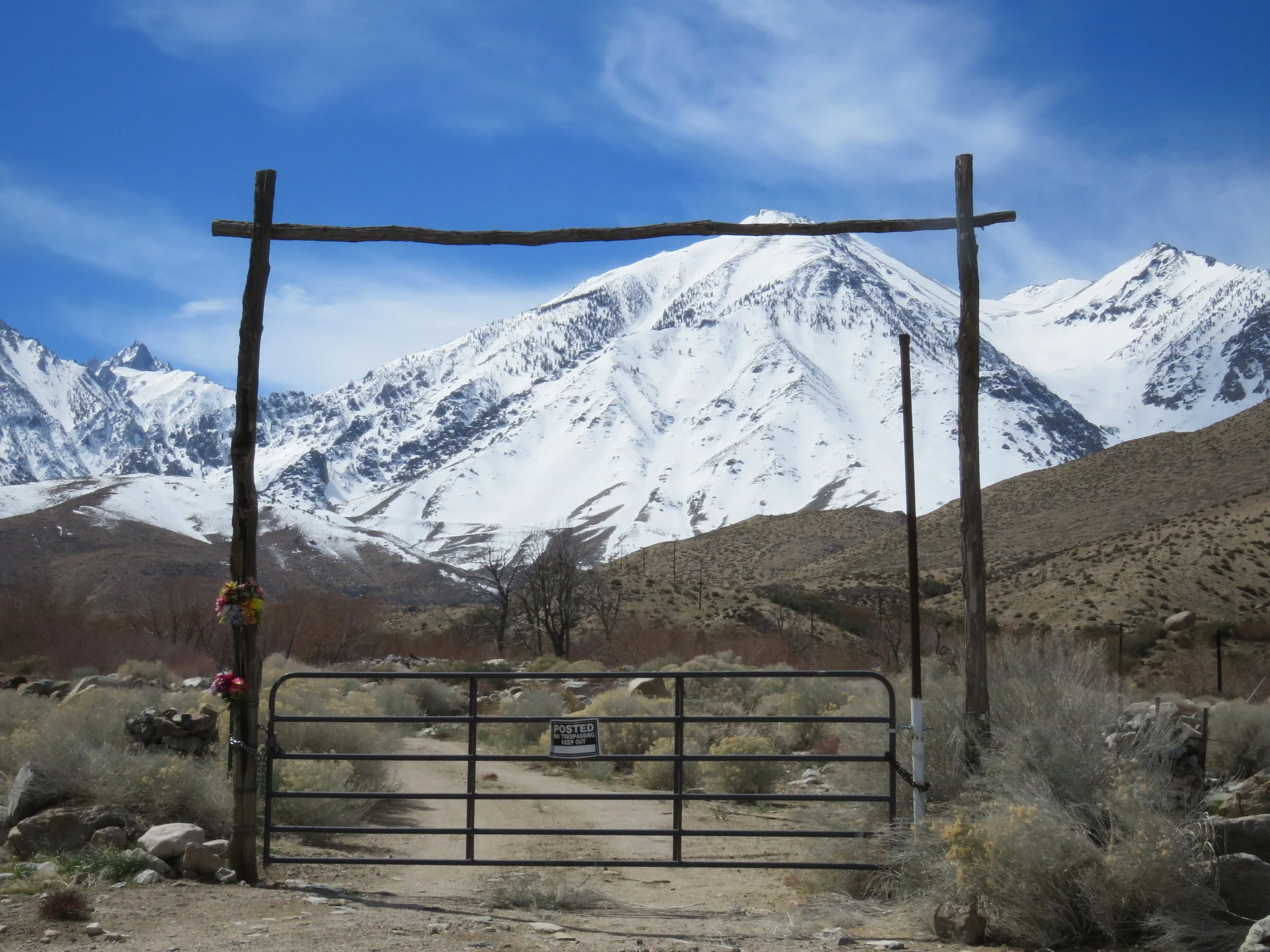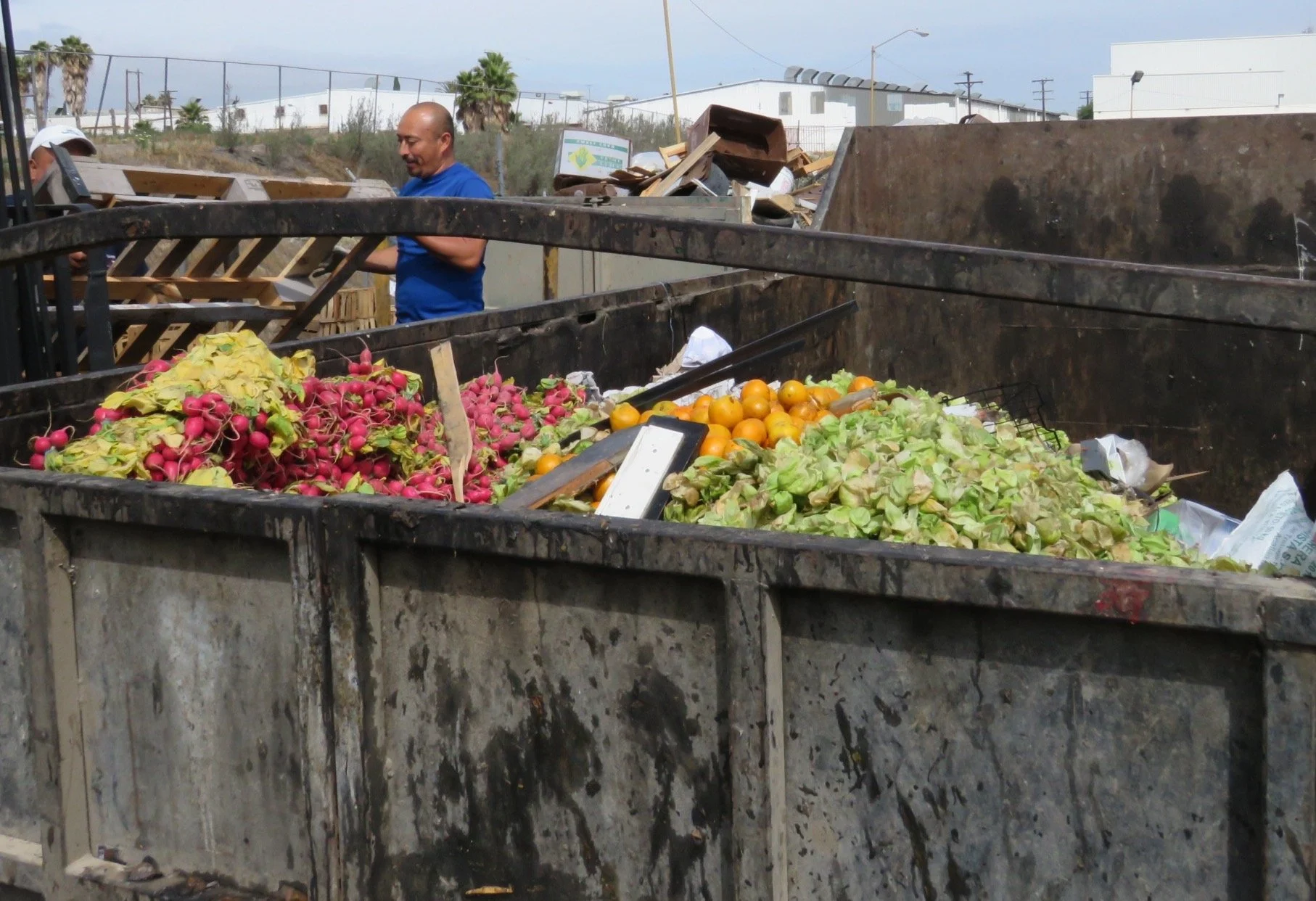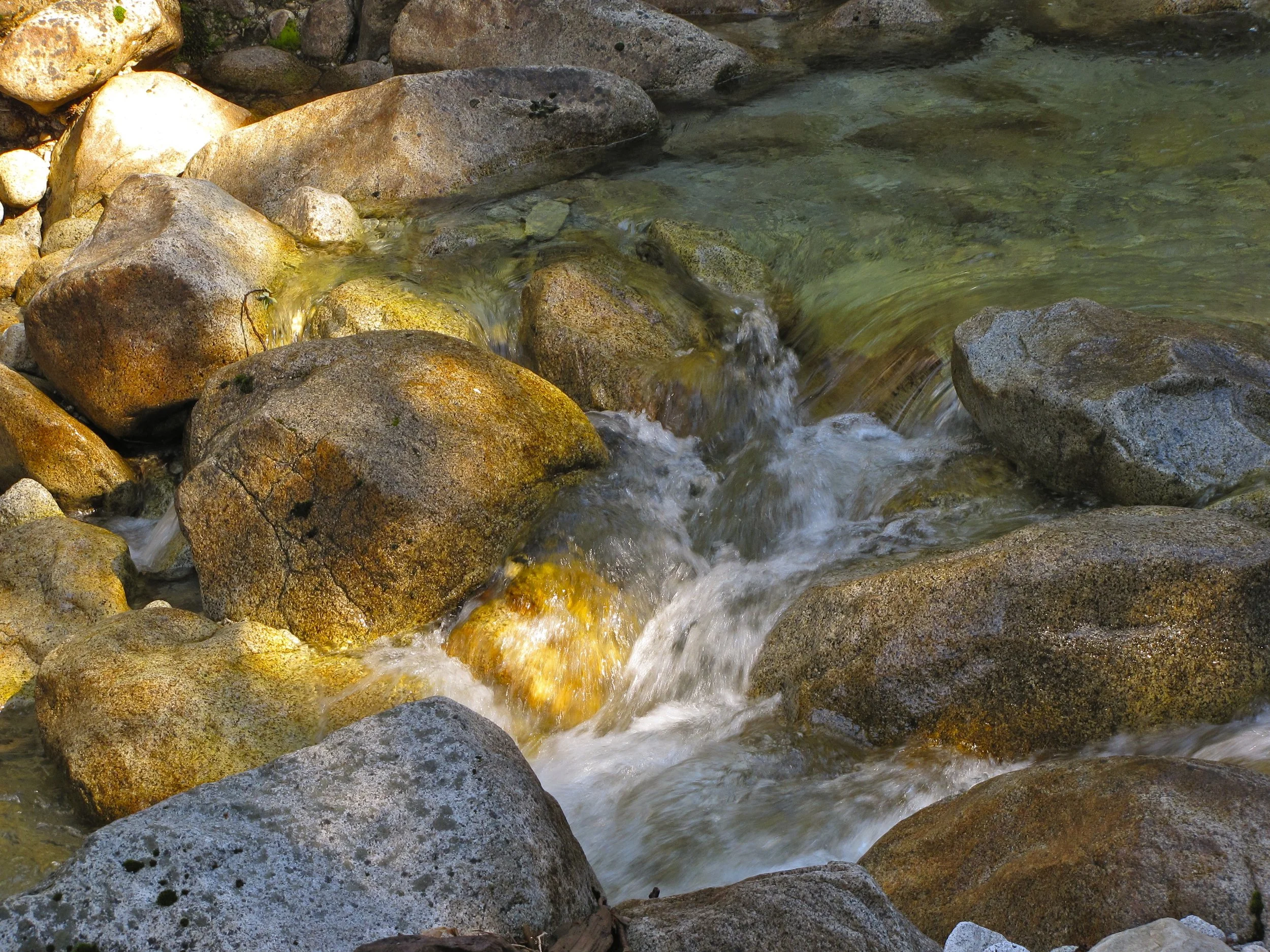Protecting
Tribal and Indigenous Lands
-
Climate
Tribal climate services have varied over the years from a vulnerability assessment for the Pala Tribe to a Climate Adaptation Plan for the Santo Domingo Pueblo. Currently The Collaborative is working with the Hoopa Tribe on their Climate Adaptation Plan , the La Jolla Tribe on community climate engagement, and with the New Mexico Tribal Resiliency Action Network on a Tribal Climate Menu. Click here or on the button below to download our Tribal Climate Toolkit for Community Engagement.
In East Africa, our team teaches rural women to help them learn bio-intensive agricultural practices, climate smart technologies and entrepreneurship. Go to www.climatecenters.org to learn more,
-
Waste
Through USDA grants, EFCWest has been helping Tribes cope with their solid waste issues for many years. Some of our work includes: financial feasibility analyses and training for compost, transfer station and recycling programs; and household hazardous waste and emerging contaminants program training and development. We have worked with numerous Tribes on a variety of issues including: North Fork Rancheria of Mono Indians Waste Collection Feasibility Study, Blue Lake Rancheria Composting Study and a Tohono O'odham Tribe Capital Improvement Plan. We have also hosted over 25 solid waste workshops and webinars, which can be viewed on our Tribal Videos page.
-
Water
The Collaborative has worked with Tribes and Tribal organizations on watershed protection and small system operations. We have provided multiple workshops for the Owens Valley Water Commission held at Bishop Paiute, Lone Pine Paiute and Big Pine Paiute. The Collaborative also delivered a Strategic Water Planning Workshop for the Hoopa Tribe and brought the Thomson Reuters Foundation to the Owens Valley to document their systemic water challenges. Go to Tribal Videos to watch “How LA’s Thirst for Water is Draining a California Valley.”
-
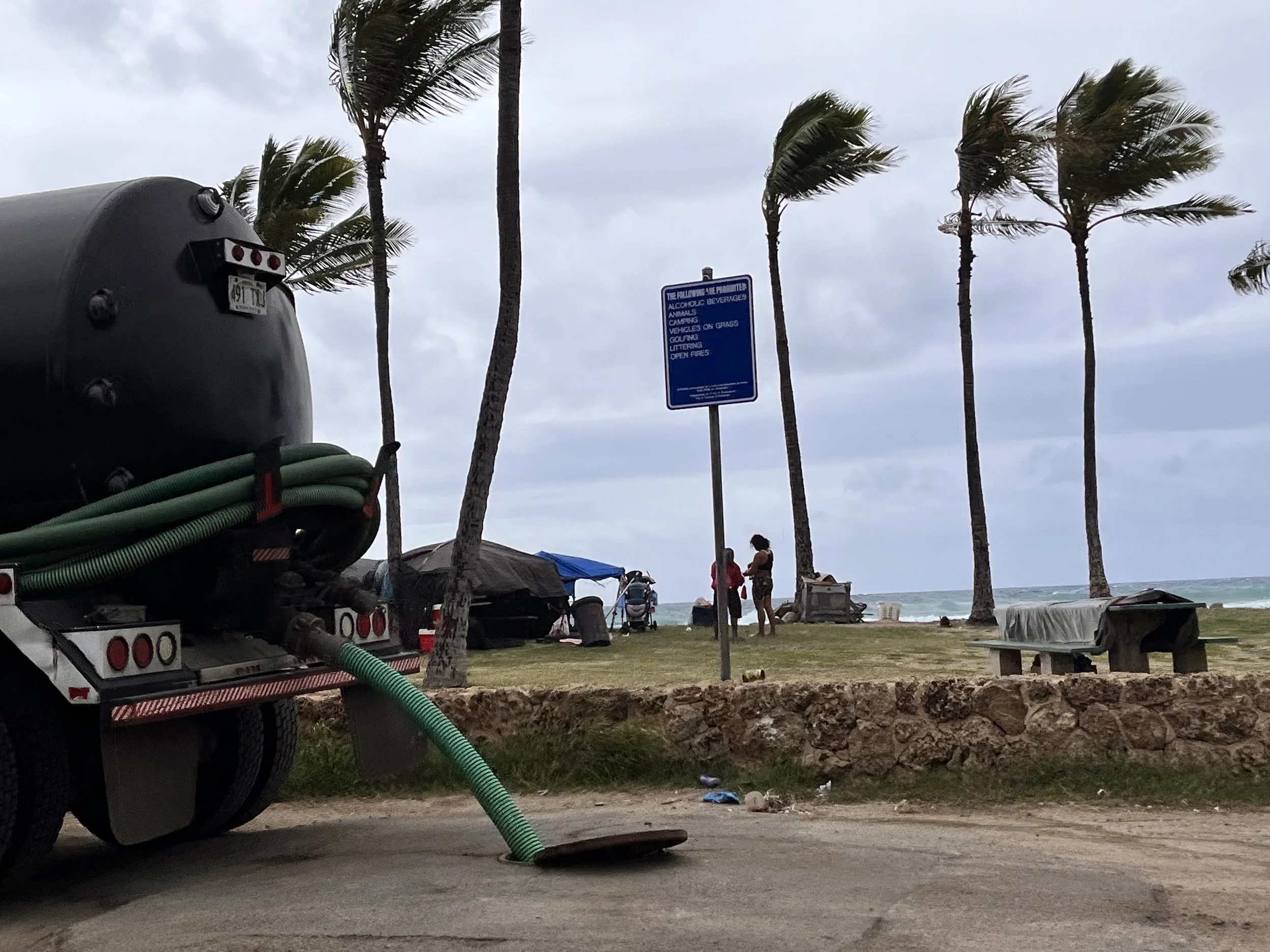
Wastewater
Wastewater management is one of our newest programs were we offer a variety of support options including: business and strategic planning; board development; risk and resilience; and communications. Throughout the past year we have worked with San Carlos Apache to help them develop a communications plan around community septic maintenance and replacement. In Hawaii the Collaborative has partnered with the Department of Health to explore barriers to cesspool conversion within the Native Hawaiian community. To read more about the Hawaiian project read our report: Wastewater, Cesspool and Septic Conversions in Hawaii.

